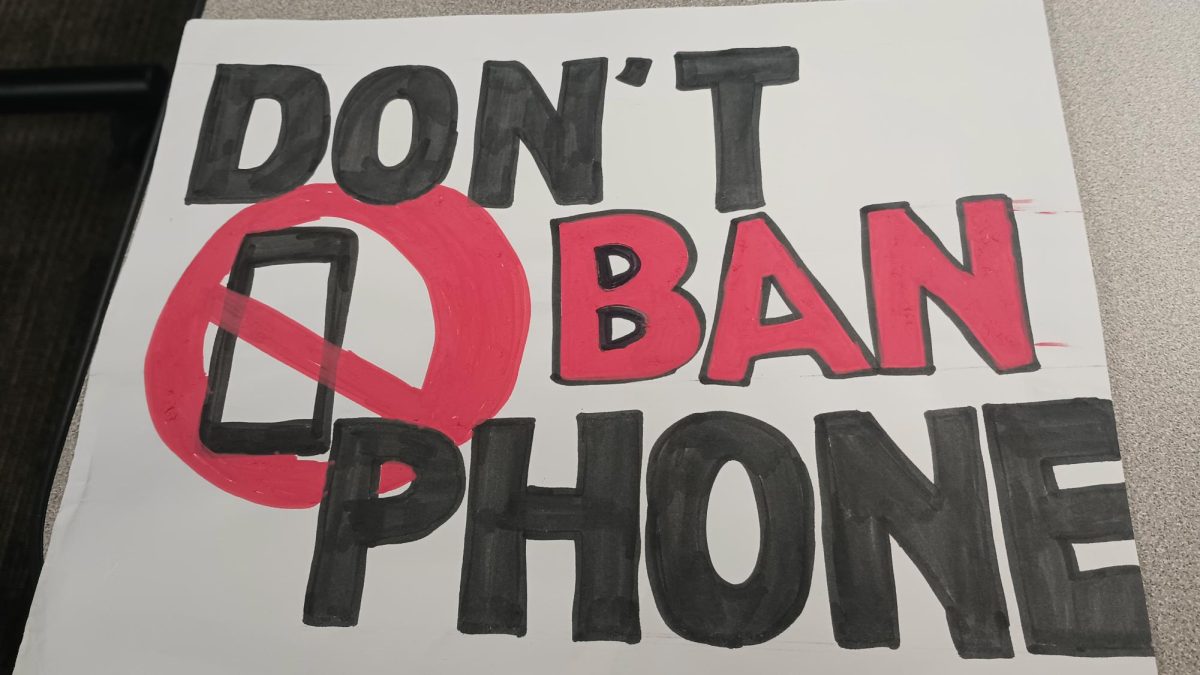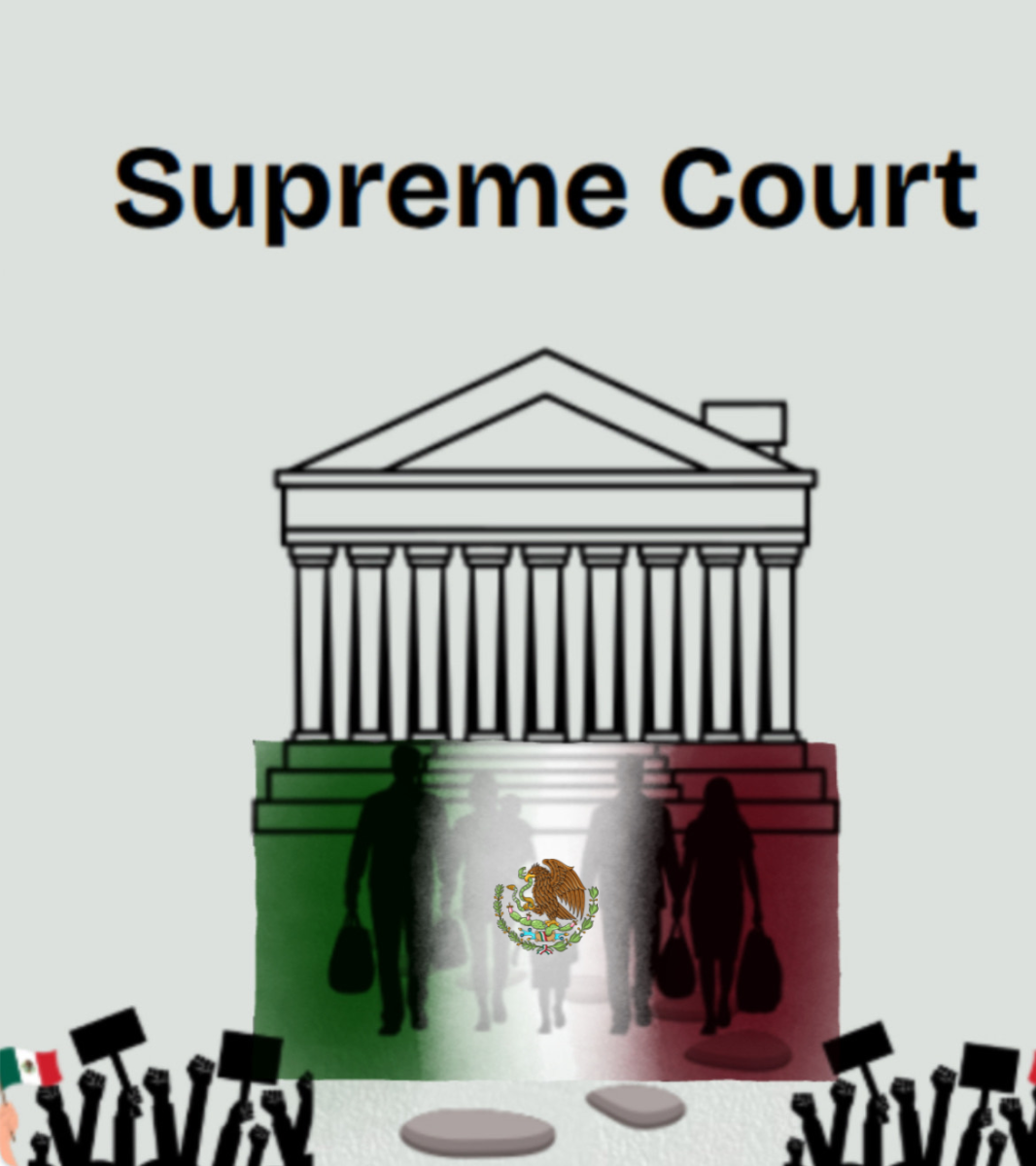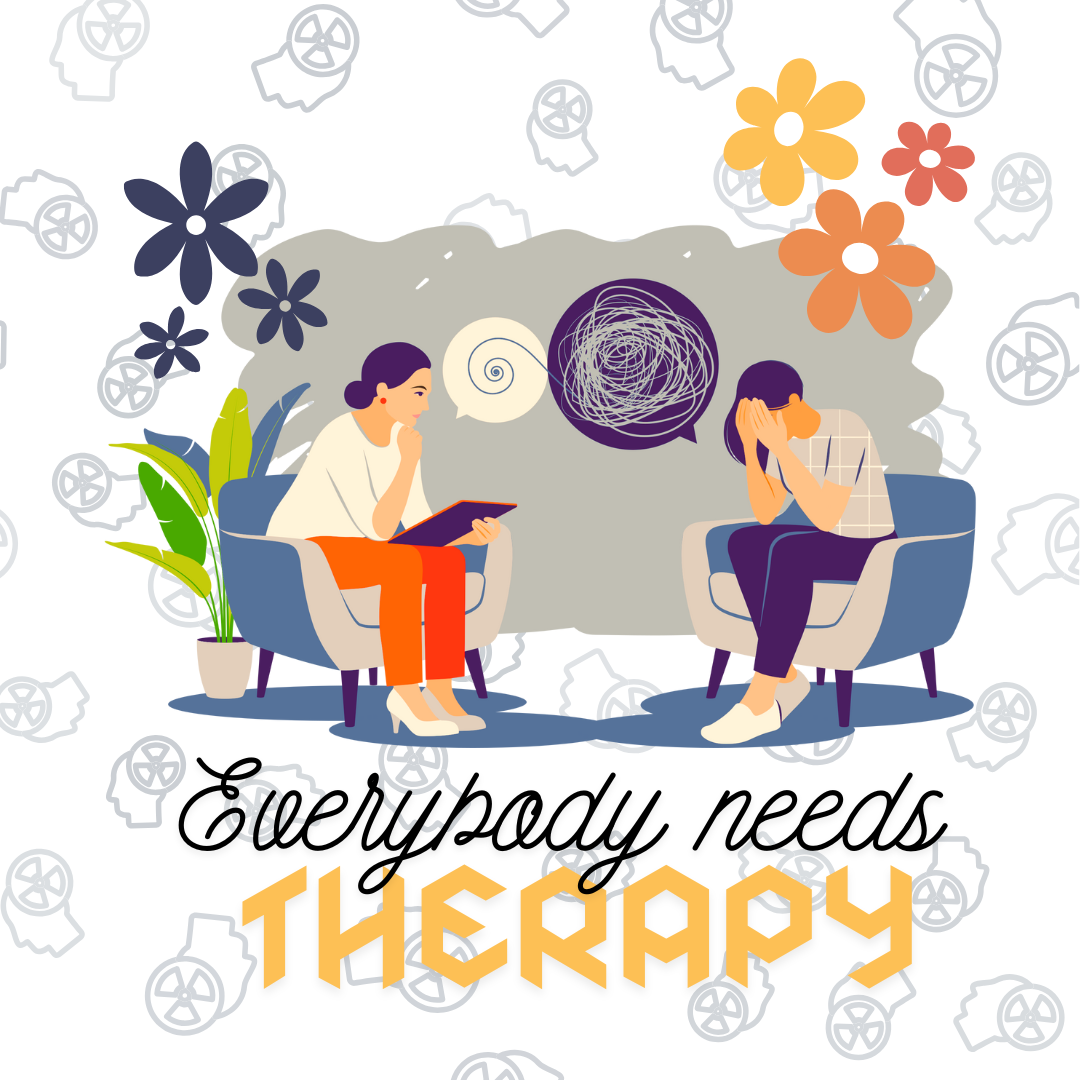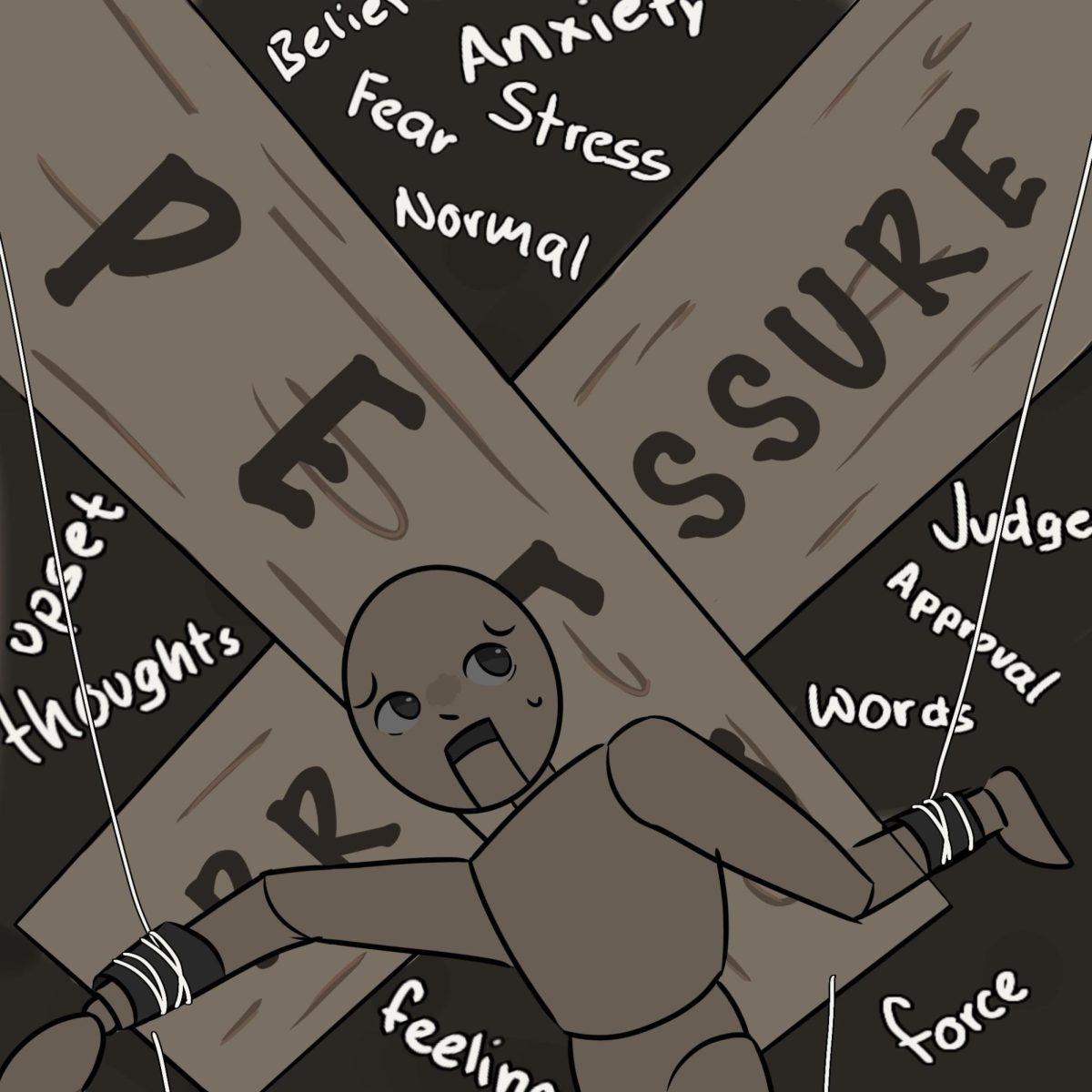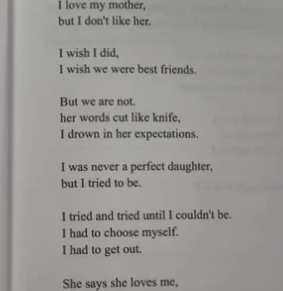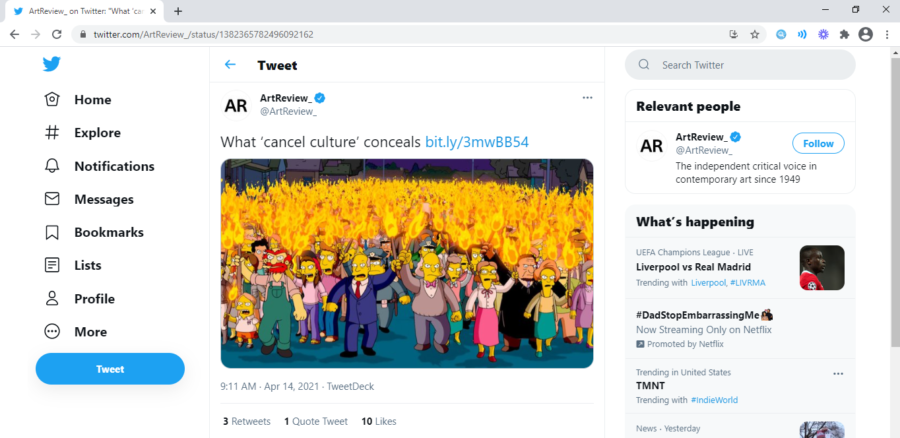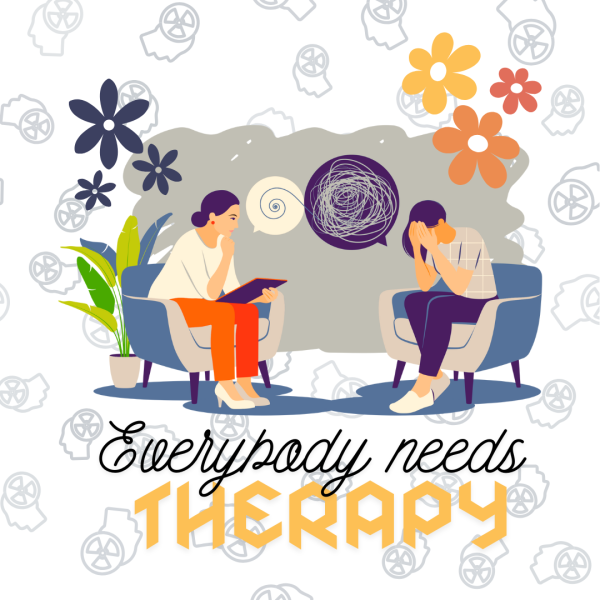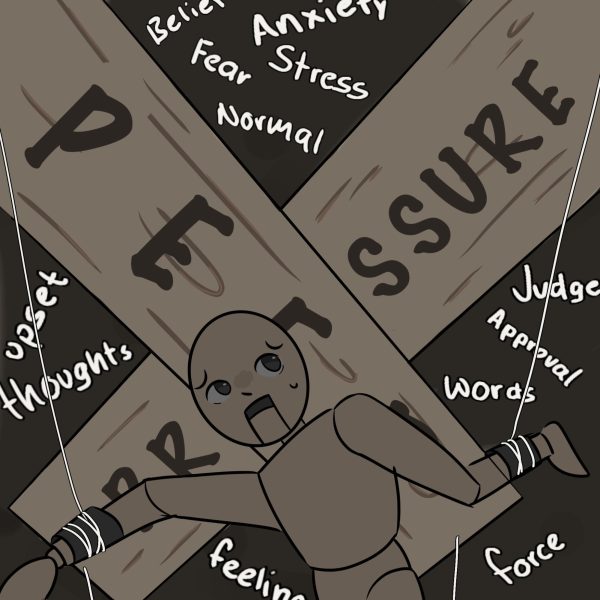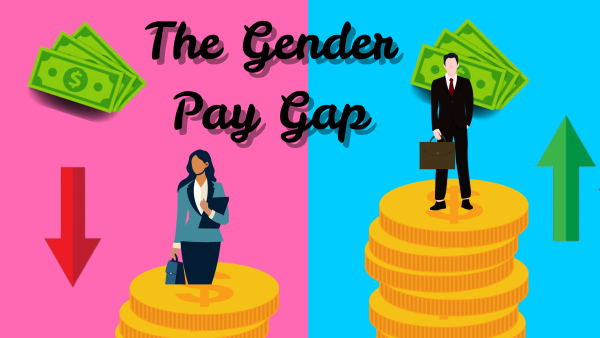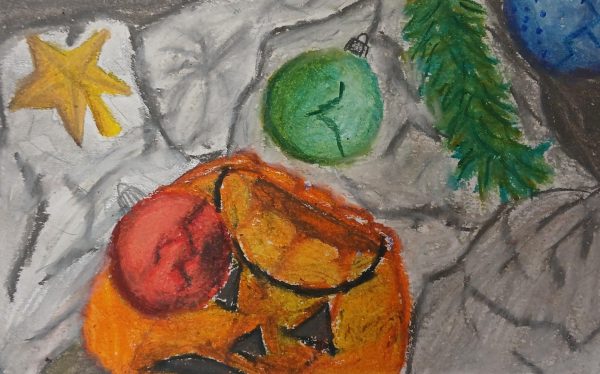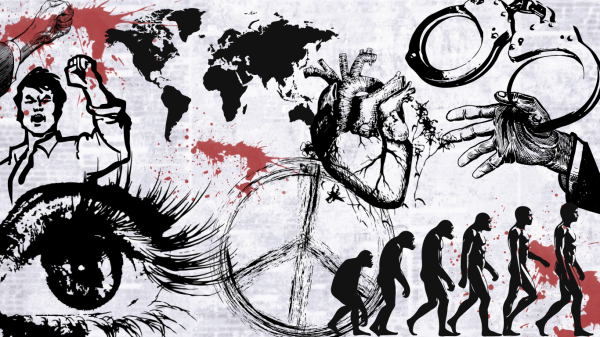“Cancel Culture” is cancelling our childhood, one day at a time
Twitter displays many gifs, opinions, and controversial takes on cancel culture.
The year 2021 has already revealed many controversial topics one after another despite the future looking brighter than its previous counterpart. On top of all the vaccinations and political agendas, the “Cancel Culture” movements online have been effective around the world leaving many to wonder who or what will be shamed next. Even though many individuals have made logical cases surrounding canceling culture icons, figures, and pieces, the phrase and actions have been overexposed to the point where many tend to cancel something for the sake of doing so instead of understanding the context to it all resulting in questionable choices.
One of the first notable signs of this backlash that occurred earlier in the year was with the Mr. Potato Head toy by Hasbro. They decided to exclude the “Mr.” term to satisfy all identities of individuals.
I honestly could see why many people would get upset because Mr. Potato Head has been a popular toy for a while with only male interpretations. In fact, it was after the success of the original toy that Hasbro decided to give the spud a wife and family. The toy brand was so successful, that Mr. and Mrs. Potato Head played a pivotal role in Disney/Pixar’s “Toy Story” franchise.
So that begs the question: why are people still upset? Hasbro’s intention of the toy was for kids to simply enjoy rearranging parts on a potato. Nevertheless, adults decided that identity of the gender should matter to a toy even though the product was made for little kids. Mr. Potato Head doesn’t have to be male for just boys to play or female for just girls to play with.
Another example of recent cancelling occurred when six books from the legendary children literature author, Theodore Gisel, better known as Dr. Seuss, were recalled for racist depictions and overexaggerated representations of the war.
Unlike Mr. Potato Head, this act of the cancel culture movement was extremely questionable considering Dr. Seuss himself always had a dark past and wasn’t the particular “child-friendly” person many imagined to be with his earliest drawings. Before publishing books, Seuss was best known for his political propaganda cartoons featuring poor depictions of ethnic minorities and World War II. It only took after his death for many people to realize. However, when taking a deeper look of any source of entertainment including books, one should separate the art from the artist and value the work even if the images are sensitive in today’s society.
When freshmen Samuel Psinas and Jamie Aguilar were asked about whether the works of Seuss should still be read, Aguilar stated, “The books are never going to be gone and people should look at how it used to be compared to now.”
Psinas stated, “Children should be educated and cancelling the smallest things won’t work out.”
Most of Dr. Seuss books are still read by thousands of children, teachers, and parents worldwide because they value a fun story first, controversial concerns next. All of this controversy sounds ironic because children are actually taught not to imitate many of these stereotypes while enjoying a good story yet most of these cries and outbursts are from adults.
Cartoons were probably the final nail in the coffin this year in terms of the cancel culture movement because even beloved animated characters couldn’t escape the threat of being banned or lashed out. From “Looney Tunes,” to Disney movies, to even “SpongeBob SquarePants,” streaming services have done it all to exclude characters because of sensitive material that were appropriate during the time they were produced.
Again, I understand why many people would be offensive over the Mexican stereotype of Speedy Gonzalez or the lustful behavior of Pepe Le Pew if warnings weren’t displayed. People who are crying for these characters to be cancelled should realize that Warner Bros. made a well-written statement on the Looney Tunes Golden Collection stating that these cartoons are a “product of their time” and keep the final product uncut because to do otherwise, it would be saying as those characters never existed at all.
Disney did a similar approach on Disney+ with some of their films that include the same images Warner Bros. were criticized for like “Dumbo,” “Peter Pan,” and “Lady and the Tramp.” These companies did something years before the cancel culture rose and are being overlooked because people need to cancel anything at this moment in time.
Freshman Darlyn Romero stated, “I believe these cartoons were made to entertain, not harm us and this phrase won’t do us any good by cancelling over the tiniest of things.”
Romero’s statement is quite impactful because the world really is starting to become overly sensitive regarding everything. As a person who uses Twitter constantly, I couldn’t have been more disappointed to find out that Paramount+ decided to remove the SpongeBob SquarePants episode, “Mid-Life Crustacean” because of the infamous ending surrounding a “panty raid” –even though Mr. Krabs gets some sort of punishment for his actions and learns a lesson.
The future of cancelling culture, its phrase, meaning, and purpose, is seriously getting way out of hand and starting to happen more often than not. I do believe there are topics that people have the right to address if they are physically or mentally harming society members. So far, before their decisions of cancelling, these toys, books, and cartoons have been doing fine on their own, still entertaining millions of audiences around the world.
As long as people can understand that there will be acceptable behavior in different timelines through a respectful opinion, then I see no reason to cancel. Even if there are a handful of people that still believe there should be a reason, they need to at least pause, reflect on the history, and truly understand how to approach the controversy without bashing right away.
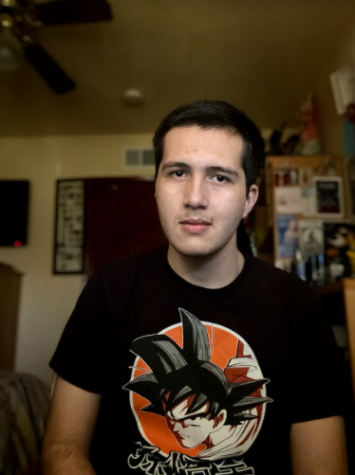
I am 6’3, I’m currently loving the game Among Us, and I have an autograph of Tom Hanks.



